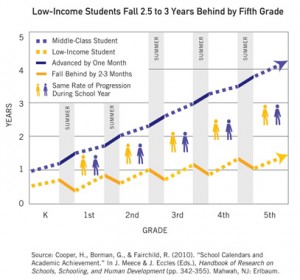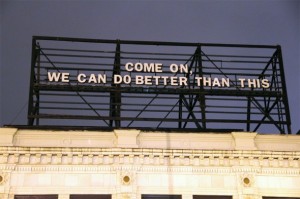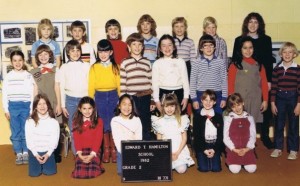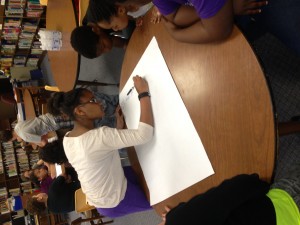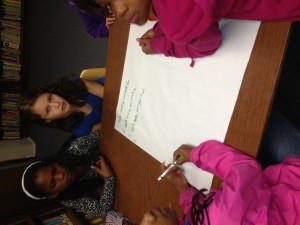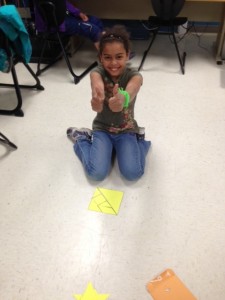As educators, we are on the cusp of a change that has never been experienced before. Let’s face it… for the last few hundred years education has been teacher-directed, memorization focused and even a tad bit mundane…. Not much has changed and there are scores of generations who are quite proud to utter the statement, “When I went to school….”
So what has changed, or what will change? Well, maybe things won’t change, per say, but there will certainly be a shift.
The top 5 paradigm shifts in the education of the future
1. Assessment
Currently, the assessment and anti-assessment movements are vying for position. It’s unlikely that the assessment machine will lose momentum because there are specific reasons for its existence, namely …. accountability. Assessments in the future, however, will differ from those currently being used as companies develop individual, technology-based measures to mark progress. Students will be assessed individually and progress will be focused on the individual. In a sense, every child will have an Individual Education Plan. How this impacts you now? Become familiar with your students interests as it relates to your curriculum. Get ahead of the curve and have students set their own goals and mark their own progress to achieving those goals.
2. Learning
As much as we focus on teaching, there has been a significant gap in the true understanding of how an individual “learns” information. Since there is a shift to personalized learning, be prepared to be bombarded with various learning theories that will offer solutions to the age old question… How do I learn? How this impacts you now? Familiarize yourself with the major learning theories and be able to articulate how you learn information. With that same information, develop intentional teaching methods (chances are you teach the way you learn) and allow students to teach you how they learn.
3. Time
The current state of education has a specific formula… time is the constant, and learning is the variable… Look for this shift to be more focused on learning as the constant and time as the variable… Increased time for school, a complete 180 degree turn from the 180 day school year. In the future, with the assistance of technology, time will no longer dominate learning. How this impacts you now? Research flipped learning and how using web 2.0 tools can extend your students learning (ie NOT more homework, but rather more chances to extend learning opportunities). It starts with you…. how do you extend your own learning beyond the school day?
4. High School
The high school of the future will look completely different from the typical American high school that has produced generations of graduates. Gone will be the packed hallways and kids with backpacks waiting for the bell to prompt them to their next task. As high school transforms, there will be opportunities for students to attend college earlier, vocational opportunities that will allow students to enter the “real” world much earlier. How this impacts you now? Well, if you teach High School it will be extremely important to justify your position (think beyond current state mandates such as I teach Physical Education and it is required for four years). You need to make your class/learning so important that you have a line out of your class of students wanting to get a chance to learn.
5. Boundaries
If social media is able to allow 24 hour, 7 days a week learning and connections, be prepared to witness the boundaries currently associated with “schooling” such as brick and mortar buildings, classrooms and compulsory requirements on time spent in the system to change. Schooling, as we know it, will look, smell and feel much different than it has been and the boundaries will be stretched beyond your current imagination. How this impacts you now? Chances are if you are reading this then you have begun (or are well on your way) to self-directed, 24/7 learning. Chances are you are also sharing this information with others and connecting with educators throughout the world. Keep it up… spread the word… changes are coming!
In the future of education, will there be boundaries?

